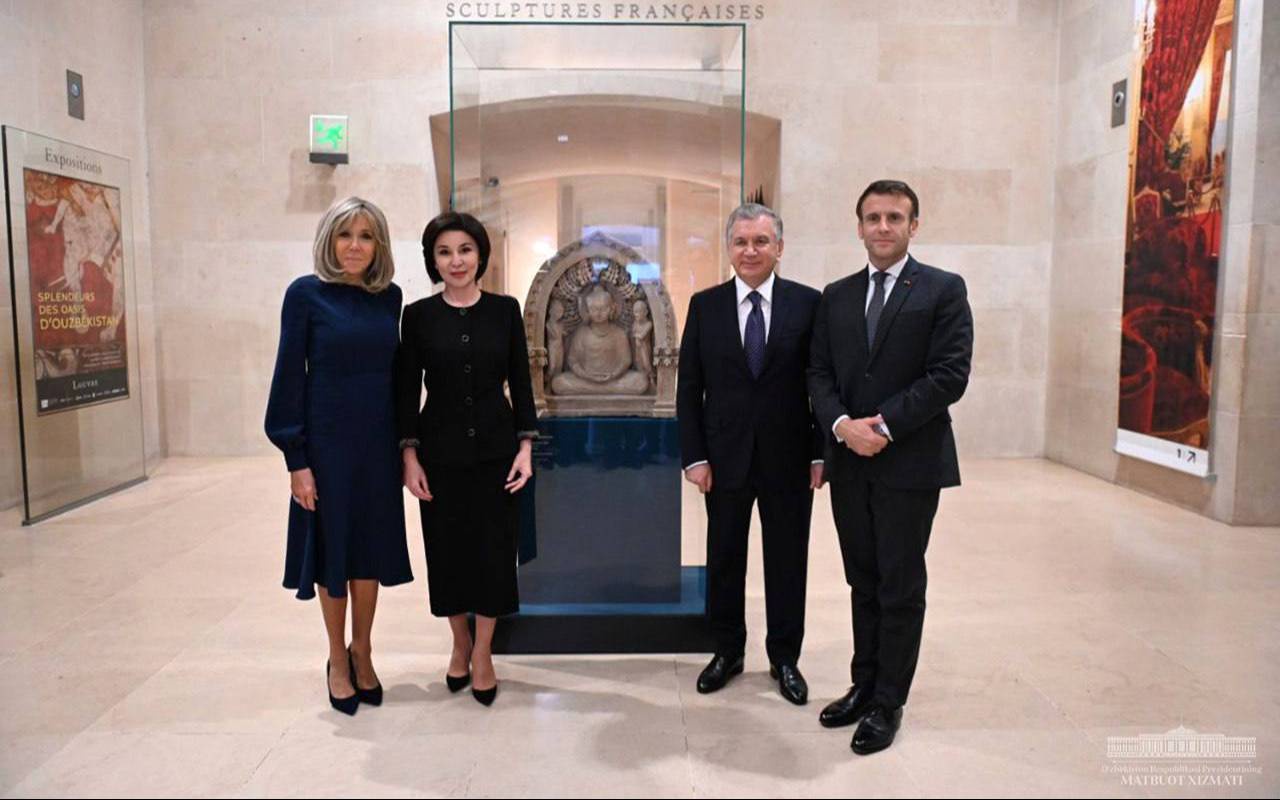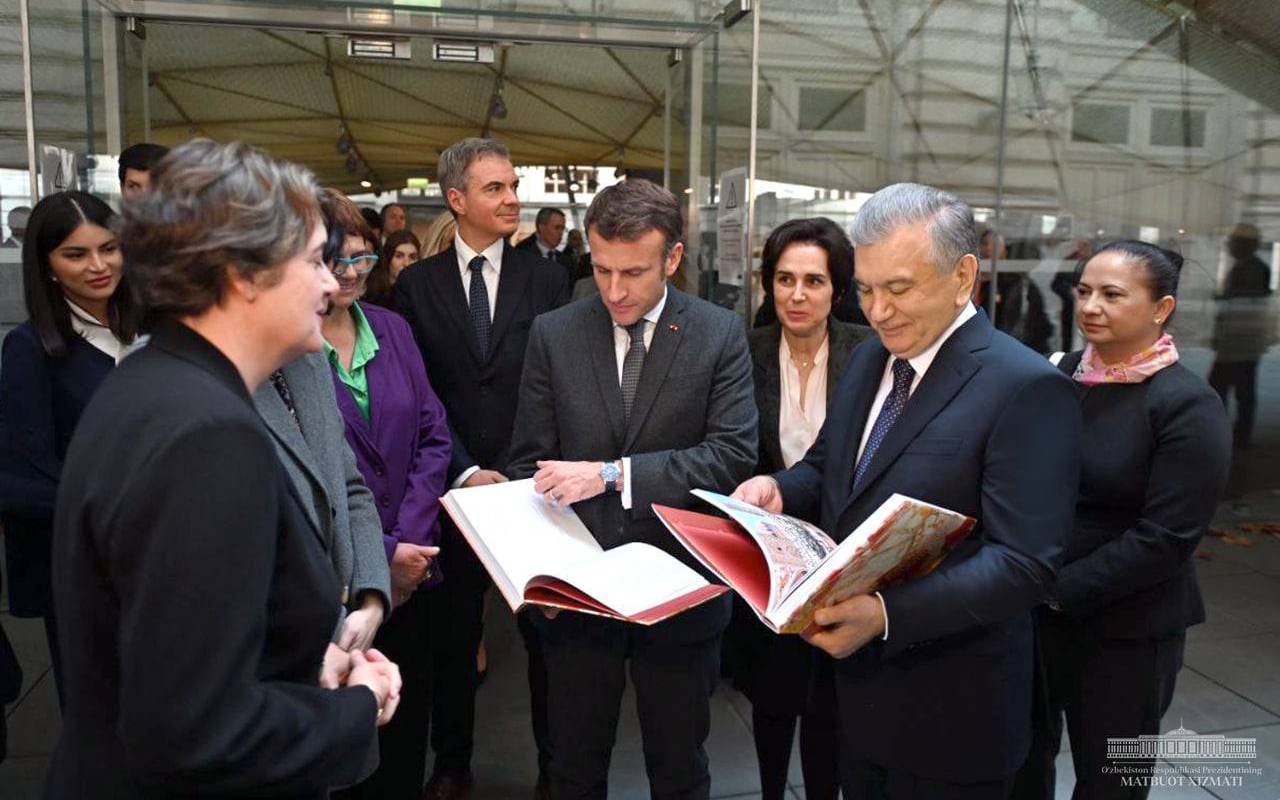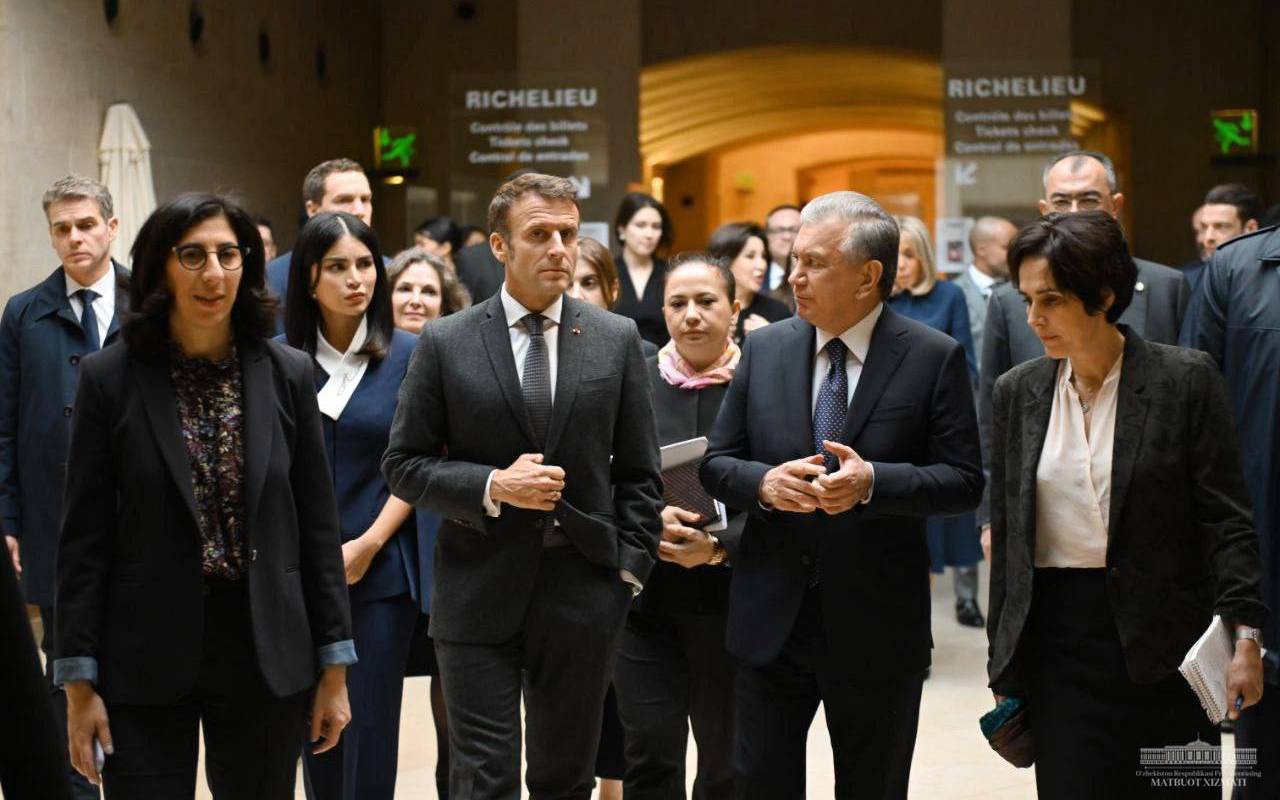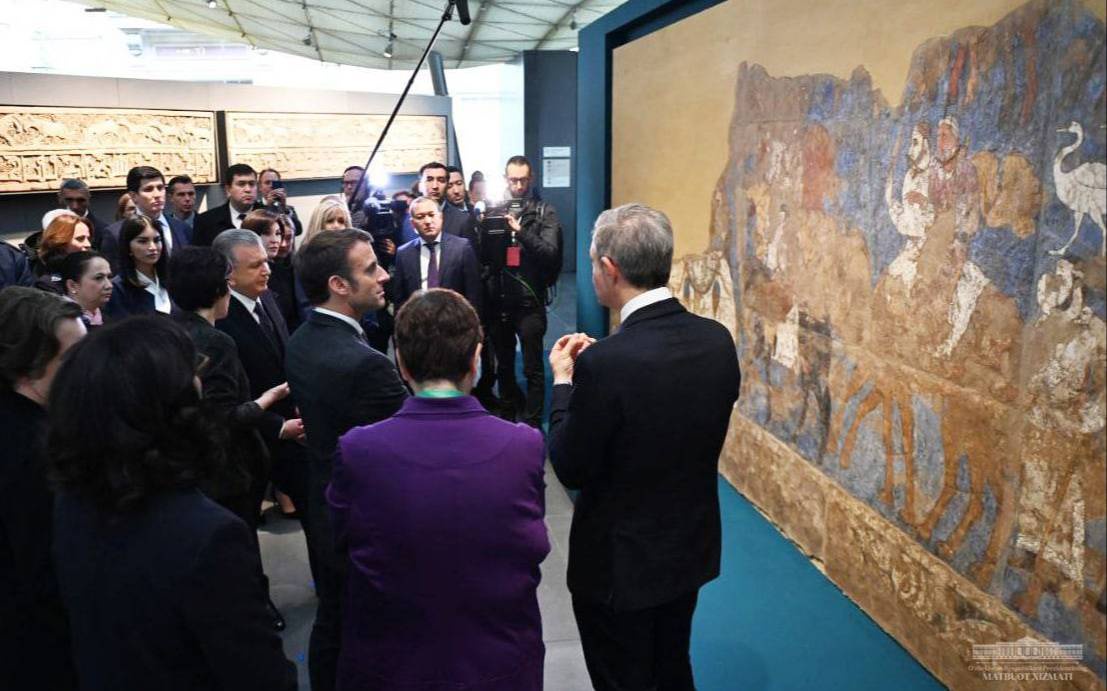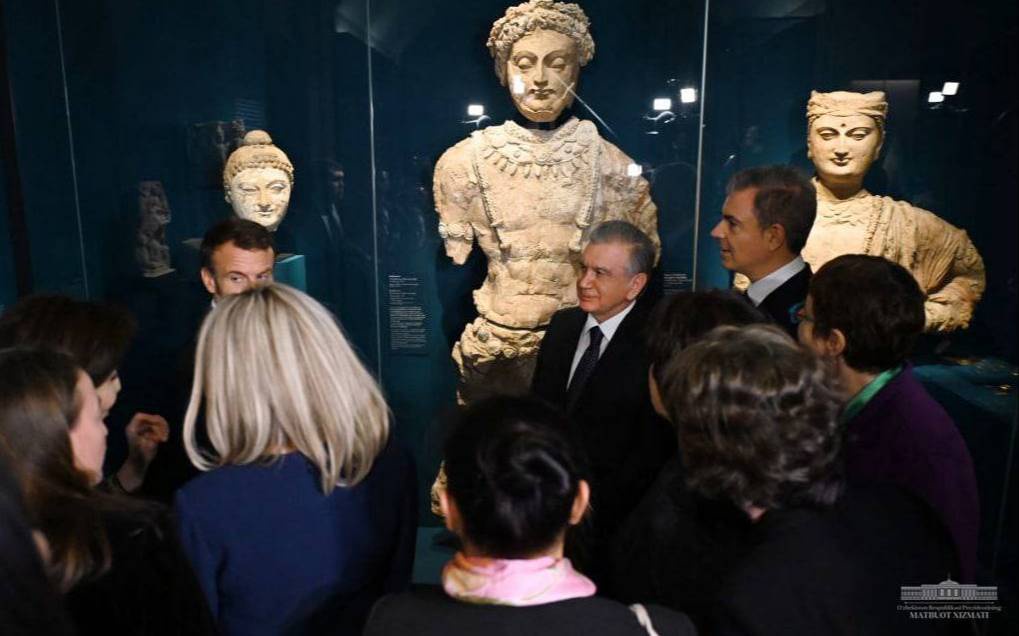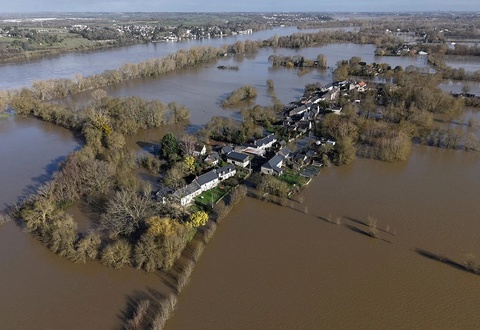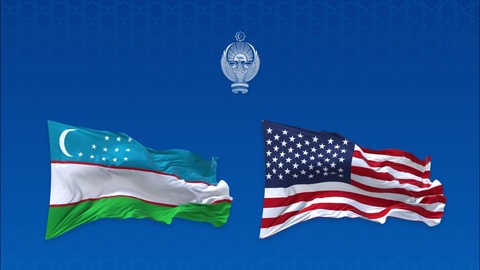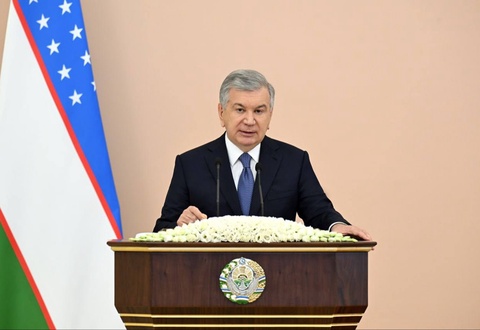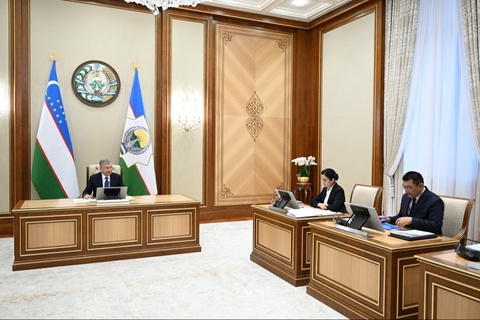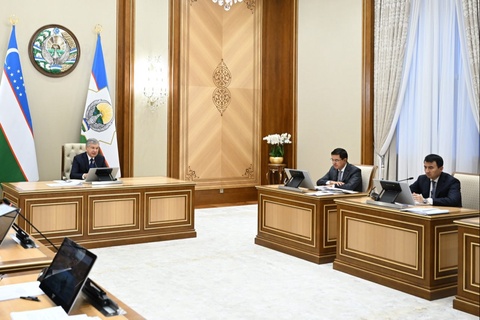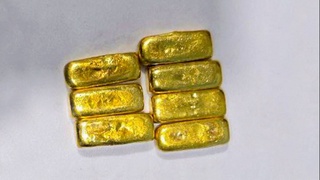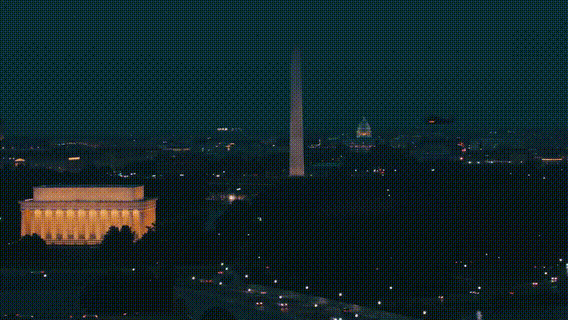The Louvre, one of the world's largest and most popular museums, has the largest and most valuable art collection. About 10 million tourists visit the museum every year.
The exhibition “The Splendours of Uzbekistan’s Oases. At the Crossroads of Caravan Routes”, dedicated to the richest cultural heritage of our people, is organized in accordance with the agreements reached during the visit of the President of the Republic of Uzbekistan to France in October 2018. President Shavkat Mirziyoyev noted the need for organizing joint exhibitions of museums of Uzbekistan and France, to enhance scientific and cultural ties between the two countries. An appropriate memorandum was signed between the Art and Culture Development Foundation of Uzbekistan and the Louvre Museum.
Over the past three years, large-scale preparatory work for the exhibition has been carried out. Several joint Uzbekistan – France expeditions took place, during which many archaeological discoveries were made. Restorers from the Louvre and specialists from Uzbekistan carried out restoration work in several stages.
The result of the joint work was the creation of extensive exhibition space in the Richelieu Hall and the Department of Islamic Art at the Louvre, consisting of five chronological tours: “The Era of the Oasis States and Kingdoms: Diffusion of Cultures on the Silk Road”, “The Middle Ages and the Flourishing of Art”, “The Spread of Islam, the Renaissance in Culture and Science in Central Asia”, “From Avicenna to Genghis Khan”, “The Era of Great Empires: The Age of Timurids and Shaibanids”.
The exposition, covering more than 1,500 years of the history of Uzbekistan, consists of 138 unique items from 16 museums of the country, including 70 exhibits jointly restored especially for the exhibition. The collection also includes 31 exhibits from major museums in France, the United Kingdom, and the United States.
The leaders of Uzbekistan and France, who became the first visitors to the exhibition, accompanied by its curators, got acquainted with historical artifacts from the settlements of Dalverzin-Tepe and Khalchayan, wall paintings from the red hall of Varakhshi, carved panels from Kafar-Kala, pages of the Kattalangar Quran, a double-leaf door from the Mausoleum of Amir Temur, painting with the image of ambassadors from Afrasiab and other exhibits. Detailed information was provided about their creation and discovery, epochs and personalities related to their history.
The heads of state, noting the high level of organization of the exhibition and the special atmosphere created here, expressed gratitude to everyone who contributed to the preparation of this most important event in the cultural life of the two countries.
It was emphasized that the exhibition at the Louvre serves to further strengthen long-standing historical ties, friendship and mutual understanding not only between the peoples of France and Uzbekistan, but also between Europe and Central Asia as a whole.
The exhibition will run until March 6, 2023.


